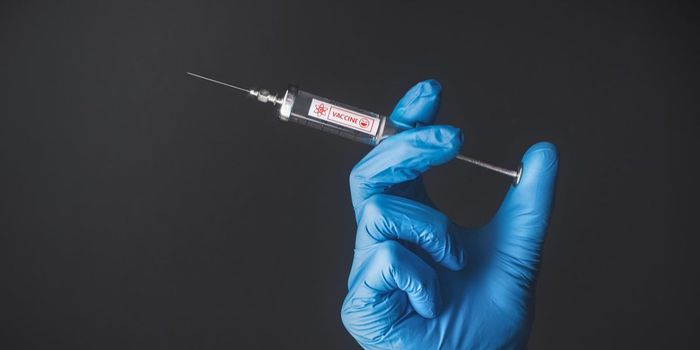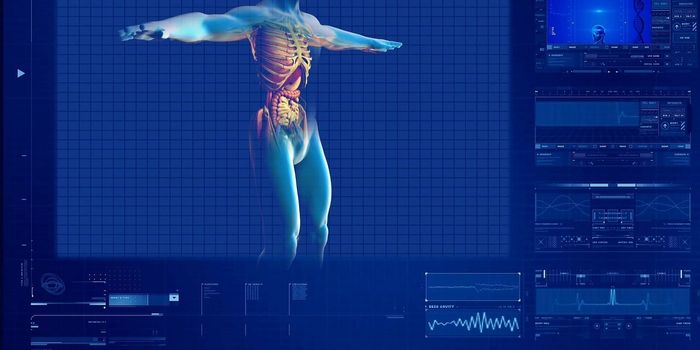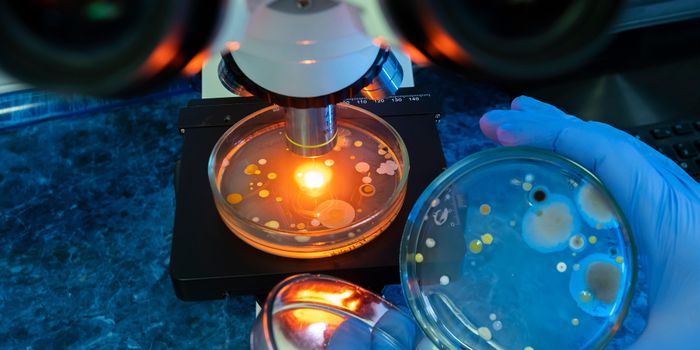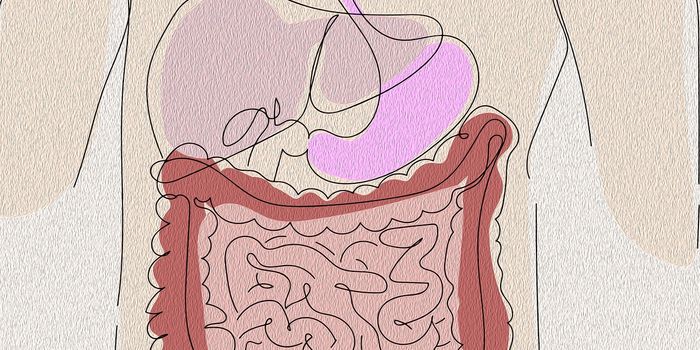The strict ketogenic diet was used in medicine to treat intractable epilepsy long before it became a popular weight loss phenomenon. But researchers say a
modified version of this diet slowed down glioblastoma growth and extended lifespan by 50 percent in mice.
Glioblastoma multiforme (GBM) is the most common and deadly form of primary brain cancer. In GBM, malignant glial cells form vast networks of tendrils throughout the brain, making it nearly impossible to surgically remove all the cancerous tissues. Dubbed as the “octopus tumor,” GBMs can evade even the most aggressive surgeries, chemotherapies, and radiotherapies, leaving patients with a five-year survival rate of less than 10 percent.
Patients desperately need better alternatives or supplementary treatments to beat this notoriously deadly cancer. And one way to do this is by physically choking the energy supply from the GBM tumors, whose growth depends on an abundant supply of glucose. Ketogenic diets that are low in carbohydrates and high in fat essentially deplete the tumor of their glucose supply, and have shown positive anticancer results.
One drawback that makes it hard to implement the ketogenic diet is its lack of palatability. So researchers at the University of Florida developed a modified version of the ketogenic diet that was less stringent but that mimicked the metabolic benefits expected with a ketogenic diet. Called a supplemented high-fat low-carbohydrate (sHFLC), the modified version includes a coconut oil derivative that replaces some carbohydrates as an energy source.
The team tested the diet in cell lines as well as in mice that model human GBM. They found the diet reduced tumor progression and proliferation in both experimental designs. In the mice, they reported survival was extended by 50 percent. The team also reported the diet increased the tumor’s sensitivity to radiation and therapy, which could be a mechanism behind its anticancer effects. As such, the diet could become an easy supplemental intervention to complement traditional chemotherapy and radiation treatments.
With the modified version of the ketogenic diet, carbohydrate and protein intake are not so severely restricted. This translates to a more palatable diet that most patients can appreciate in comparison to the strict regime of a true ketogenic diet. "When you're sick, you need as many comforts in your life as you can get and food is a huge comfort. That's the idea: Could we develop a beneficial diet but make it much easier for patients?" said Brent Reynolds, senior study author. The same dietary approach could also be potentially applied to other cancers that require a high energy supply.
"While this is an effective treatment in our preclinical animal models, it is not a cure. However, our results are promising enough that the next step is to test this in humans," said Reynolds. He hopes to be able to move quickly because the proposed dietary intervention has already been prescribed for epilepsy treatment and is relatively low risk.
Additional sources:
University of Florida,
MNT









